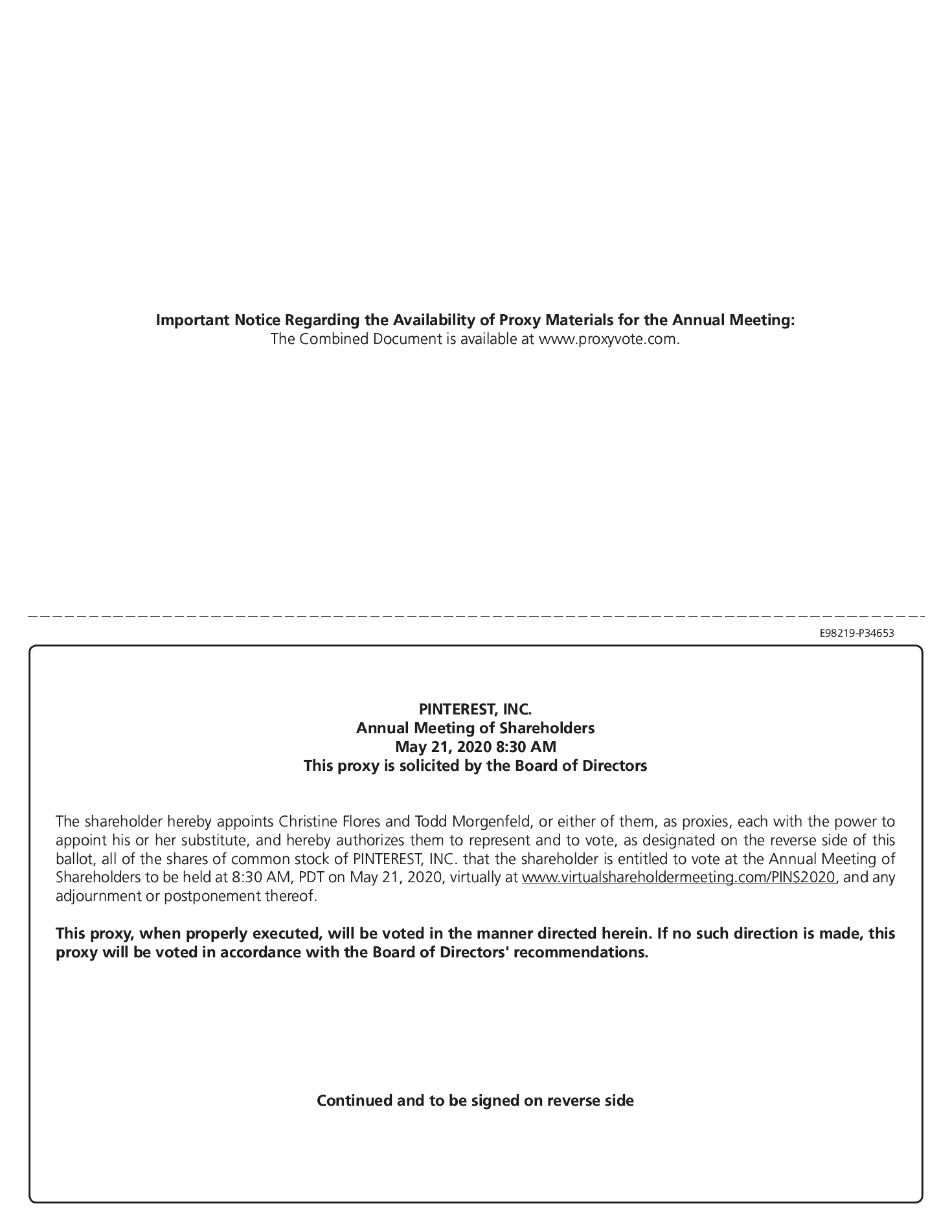The compensation committee does not consider the specific amounts payable under these post-employment compensation arrangements when establishing the annual compensation of our named executive officers. We believe, however, that these arrangements are an important component of competitive compensation packages. For a description of the terms of these agreements, as well as an estimate of the potential payments payable under these agreements, see “Potential Payments upon Termination or Change in Control” below.
Roles and Responsibilities
Role of our compensation committee. The compensation committee performs the responsibilities of the board relating to the compensation of the non-employee members of the board and our executive officers. The compensation committee has overall responsibility for reviewing our compensation philosophy and strategy, overseeing our compensation and benefits policies generally, and overseeing and evaluating the compensation plans, policies, and practices applicable to our CEO as well as our other executive officers. The compensation committee operates pursuant to a written charter, which is available on our website (see the first page of this proxy statement).
Role of our chief executive officer. In discharging its responsibilities, the compensation committee works with members of our management, including our CEO. Management assists the compensation committee by providing information on corporate and individual performance, market compensation data, and management’s perspective on compensation matters. The compensation committee solicits and reviews our CEO’s recommendations with respect to adjustments to base salaries, long-term equity incentive compensation opportunities, program structures, and other compensation-related matters for our named executive officers (other than with respect to his own compensation) and considers them as one factor in determining compensation. Our CEO recuses himself from all discussions and recommendations regarding his own compensation and is not present when his compensation is discussed.
Role of our compensation consultant. Pursuant to its charter, the compensation committee has the authority to retain the services of external compensation advisors, as it determines in its sole discretion, including compensation consultants and legal, accounting, and other advisors, to assist in the design and evaluation of our executive compensation program and arrangements and associated pay decisions. The compensation committee makes all determinations regarding the engagement, fees, and services of these advisors, and any such advisor reports directly to the compensation committee or the chair of the committee. For 2019, we engaged Compensia, Inc. after evaluating that firm’s independence pursuant to applicable SEC and NYSE rules and determining that Compensia’s work did not give rise to any conflict of interest. Compensia did not provide any services to us other than advice and support with respect to executive and non-employee director compensation, including: the levels of overall compensation and each element of compensation for our executives; peer group selection; market trends for executive and non-employee director compensation; equity compensation; a risk assessment of our compensation programs; and input on this Compensation Discussion and Analysis.
Other Compensation Policies and Practices
Employment arrangements. Although our named executive officers are employed “at-will” and their employment can be terminated at any time for any reason with or without cause, we have entered into employment agreements or offer letters with each of our named executive officers to establish an initial base salary and eligibility to participate in our employee benefit programs.
Anti-hedging and pledging policies. Under our insider trading policy, our employees, including our executive officers, and non-employee directors are prohibited from the following transactions: entering into hedging or monetizing transactions or similar arrangements with respect to our securities, including collars, equity swaps, exchange funds and forward contracts; holding our securities in a margin account or pledging our securities as collateral for a loan, unless approved in advance; short selling our securities; and engaging in any transaction in publicly traded options in our securities, including puts or calls or other derivative securities.





